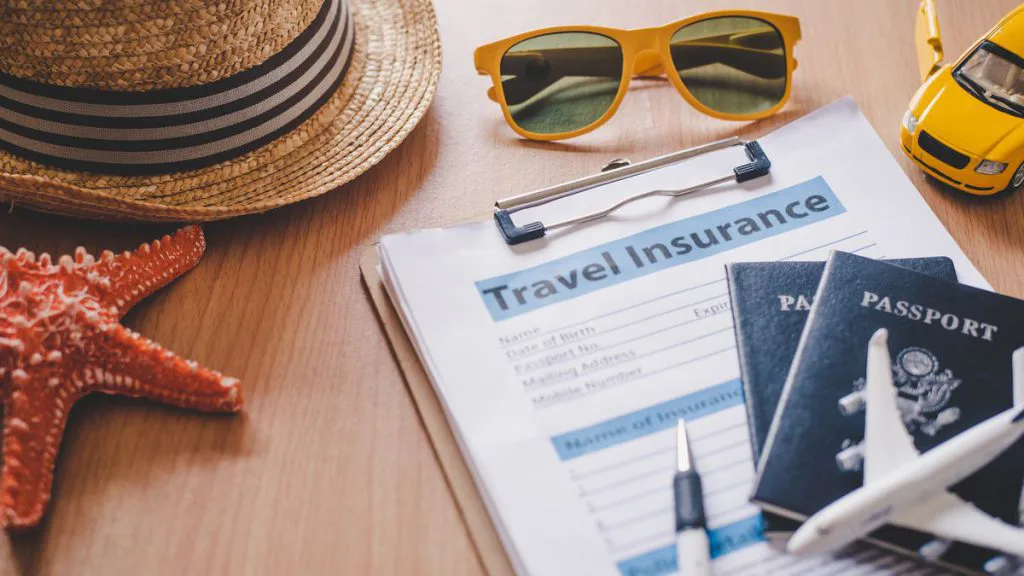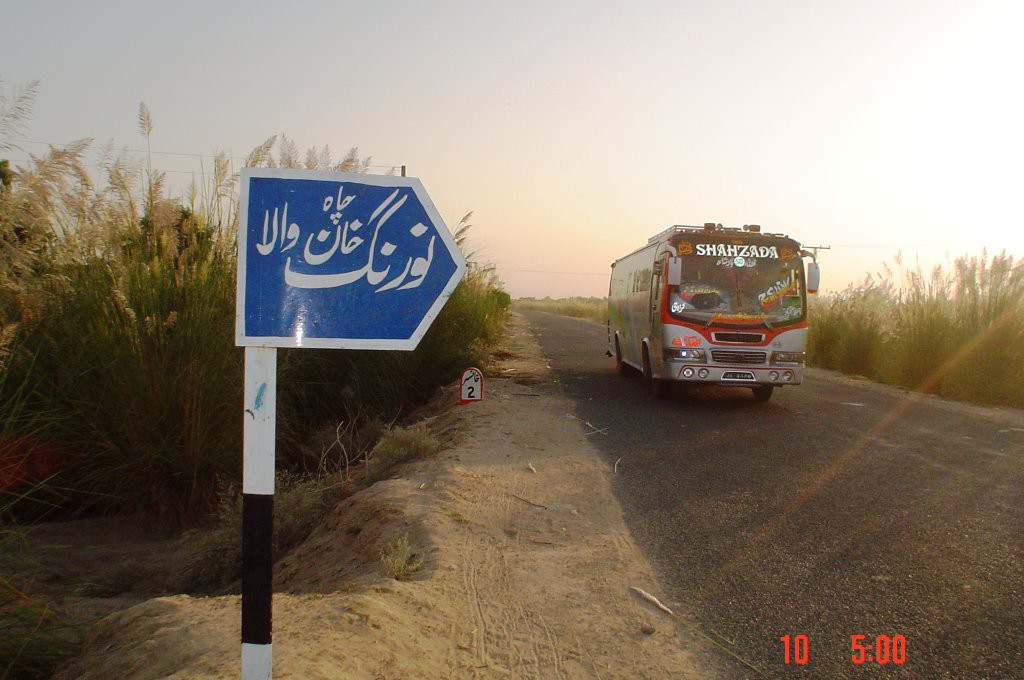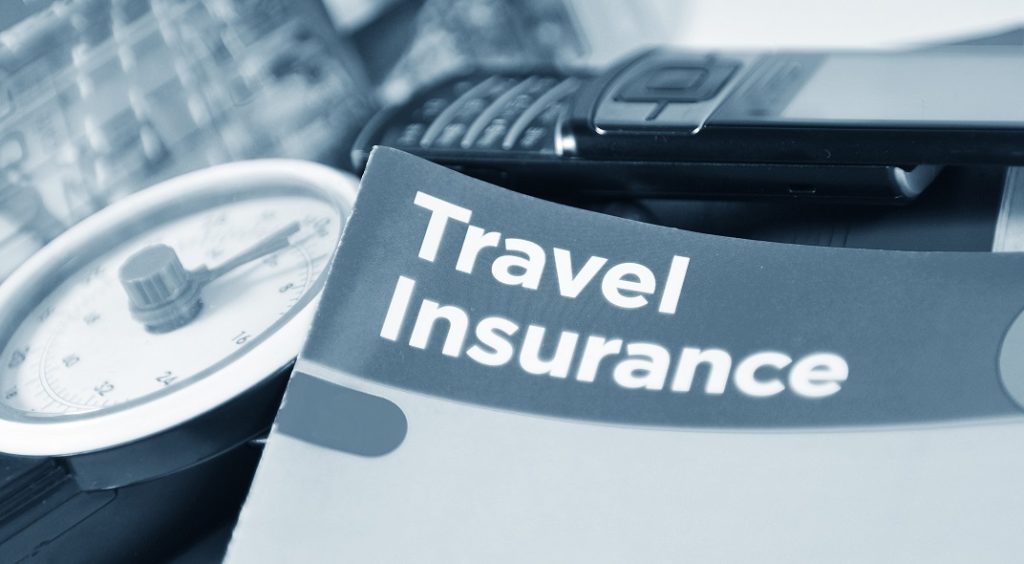Travel insurance isn’t needed for expensive vacations only or for international trips. Neither is it required for long tours only.
Travel insurance is essential for any trip since we never know what may happen when you are far from home.
One of the main reasons to get travel insurance is to have a contingency plan ready in case of an accident or medical emergency during travel. In case of such accidents or the need for dental or medical treatment, the insurance company refunds costs up to the limit specified in the insurance policy.
Insurance can also recompense travelers in case of their belongings are stolen or misplaced during travel. It also compensates for any cancellation or change to a travel booking. Do remember that most travel insurance plans don’t cover every possibility. Several conditions must be met before the insurer will pay out claims.
The best time to buy travel insurance is after booking your flights, which most travelers do not do. By waiting for flight details before booking insurance, you know how much your travel plans are worth, and you know your ticket price. This means that you can ensure that the travel insurance will cover the total cost of your ticket in case you need to claim against it.
1. Save your money in case of trip cancellation.
Even the best-planned trips sometimes have to be canceled. Being prepared for the unexpected is always a good idea, especially regarding travel. Even if you have planned everything perfectly, many factors can cause you to cancel your trip at the last minute, such as an illness, a family emergency, or a natural disaster.
If you don’t have travel insurance, you may lose all the money you’ve spent on your trip if you have to cancel it. However, if you have travel insurance with trip cancellation benefits, you can receive reimbursement for the prepaid, non-refundable trip costs if you have to cancel your trip for a covered reason. This can provide peace of mind and financial protection.
It’s also important to note that some travel insurance policies offer upgrades or add-ons that can provide additional coverage for other unforeseen events. These upgrades can provide a higher level of protection and reimburse you for a larger portion of your lost non-refundable trip costs if you have to cancel for reasons that are not covered under the standard policy. It’s worth considering these upgrades if you think there is a chance you may need to cancel for the reason that is not covered.
In short, travel insurance is essential to planning any trip, as it can protect you from financial losses due to trip cancellations or other unforeseen events.
2. Accidents can happen while Travelling.
Healthy travelers often think they don’t need emergency medical insurance. The truth is no one’s immune from illness and injury. Being in an unfamiliar environment, engaging in new activities, and encountering different cultures and customs can increase the likelihood of accidents and injuries. It’s important to be aware of the risks and take steps to mitigate them.
One way to reduce the risk of accidents while traveling is to research your destination ahead of time. This includes learning about the local customs, laws, and safety concerns. It’s also important to practice good safety habits while traveling. Additionally, if you’re participating in adventure activities like hiking or water sports, make sure to follow safety guidelines and use proper equipment.
Another important step to take is to purchase travel insurance that includes medical coverage. This can help cover the costs of medical treatment if you’re injured while traveling.
3. Most Health Insurance do not work Overseas.
Many health insurance policies do not cover medical expenses incurred while traveling abroad. This means that if you become sick or injured while traveling overseas, you may be responsible for paying for medical treatment out of pocket, which can be very expensive.
Purchasing travel medical insurance makes sense to ensure that you are covered for medical expenses while traveling overseas. It should include coverage for emergency medical treatment, hospitalization, medical evacuation, and repatriation of remains. Some policies may also include coverage for trip interruption, trip cancellation, and lost or stolen luggage.
When purchasing travel medical insurance, reviewing the policy to ensure it meets your needs is important. Ensure that the policy covers the countries you will be visiting and includes adequate coverage for medical expenses. Also, be aware of any exclusions or limitations in the policy, such as pre-existing medical conditions or hazardous activities.
Travel insurance with medical and dental benefits coverage can pay for losses due to covered medical and dental emergencies during your trip.
4. Medical Emergencies can be Expensive.
In many countries, healthcare costs can be higher than in your home country, and you may be required to pay for medical treatment upfront, even in an emergency. In such cases, if you do not have travel insurance or travel medical insurance that includes coverage for medical expenses, you may be responsible for paying for medical treatment out of pocket.
This can be a financial burden and may even result in you having to cut your trip short to return home for medical treatment. Travel insurance can help cover the costs of emergency medical treatment, hospitalization, and medical evacuation if necessary. This can provide peace of mind and financial protection in case of an unexpected medical emergency.
When purchasing travel insurance, it’s important to carefully review the policy to ensure that it includes adequate coverage for your needs. This includes ensuring that the policy covers the countries you will be visiting and that it provides adequate coverage for medical expenses. Some policies may also include coverage for trip interruption, trip cancellation, and lost or stolen luggage.
5. Travel Delays are Inevitable.
Airlines’ on-time stats rise and fall from year to year, but on average, around 18% of domestic flights are delayed. That’s not even counting the flights that are canceled! That’s why you need travel insurance with travel delay benefits, which can reimburse you for additional expenses and lost prepaid expenses due to a covered departure delay.
Travel delays can happen for various reasons, such as weather conditions, mechanical issues, or air traffic control delays. While these delays can be frustrating and inconvenient, there are steps you can take to prepare for them and minimize their impact on your travel plans.
One way to prepare for travel delays is to plan ahead and allow extra time for your journey. This means arriving at the airport or train station early and being prepared for the possibility of delays or cancellations. You may also want to consider booking flights with longer layovers or scheduling connecting flights with a buffer period in between.
6. A missing bag can ruin your trip.
In a recent survey, more than half of travelers said an airline had lost their luggage in the past. Only 34% of them got their missing bags back, and 72% said they’d lost an irreplaceable item.
Losing your luggage can be a common occurrence during travel. It can happen for various reasons, such as mishandling by airlines or train companies, theft, or simply misplacing your bag.
Having travel insurance that covers lost or stolen luggage can provide financial compensation in case of lost or delayed baggage, which can help cover the cost of replacing essential items and reduce the impact on your trip.

Sadia Zaheer holds a Masters in Business Administration from IBA, Karachi. After working in several financial institutions in Client Management, Corporate Lending, Islamic Banking and Product Management she jumped careers to pursue a career in writing.
She is a Finance, Business and HR Development writer with four years of experience. She reads a lot and takes care of her multiple cats to remain calm.






